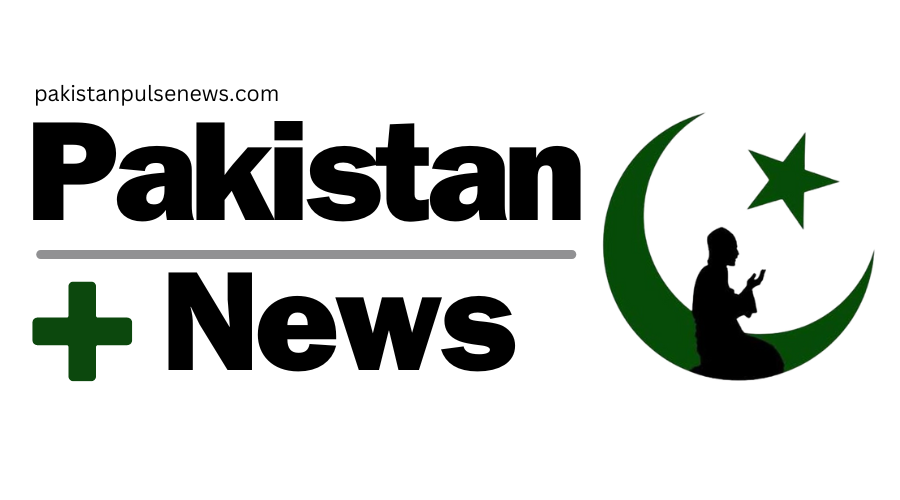Ouagadougou, Burkina Faso (TAE)-In a stark demonstration of the tensions roiling Burkina Faso, Dr. Arouna Louré, a 38-year-old anaesthetist known for his outspoken criticism of the country’s military leadership, found himself conscripted into a conflict that has drawn international attention and concern. His story, a chilling account of the lengths to which Burkina Faso’s junta will go to silence its critics, underscores the grim realities of a nation caught in the throes of violence and political upheaval.
A Sudden Turn from Healer to Soldier
Dr. Louré’s ordinary day at a hospital in Ouagadougou was abruptly interrupted when armed soldiers stormed the operating theatre, giving him an ultimatum that would change the course of his life. Forced from his role as a caregiver, he was transported to a military training camp, becoming part of the Volunteers for the Defence of the Homeland (VDP), a force envisioned to swell to 50,000 recruits aimed at combating jihadists who have besieged the country.
This forceful recruitment came after Captain Ibrahim Traoré’s junta, which seized power in September 2022, passed a decree enabling the conscription of anyone over 18 to fight. Despite initial promises to improve security and restore civilian rule, the junta has instead tightened its grip, postponing elections and curbing freedoms in the name of national security.
A Policy of Constriction and Consequence
The conscription of critics like Dr. Louré reveals a broader strategy by the junta to quell dissent. Human Rights Watch and other organizations have highlighted this trend, noting the conscription of activists, journalists, and opposition leaders. The story of pharmacist Daouda Diallo, abducted and forced into military service, is but one example of how the junta is weaponizing military conscription against its detractors.
The implications of this policy are far-reaching, affecting not just those conscripted but their families and the broader community. Families speak of trauma and fear, with some choosing to flee the country to escape the junta’s reach. Dr. Louré himself, after minimal combat training, was deployed to the front lines, a move he and others view as punitive rather than strategic.
Legal Battles and Lingering Questions
The junta’s actions have not gone unchallenged. Legal efforts to contest conscription have seen some success, with courts ruling in favor of civilians against their military call-up. However, the junta’s appeal and the subsequent arrest of key legal figures signal an ongoing struggle for justice and accountability.
A Future Still in the Balance
Despite the ordeal, Dr. Louré remains hopeful for Burkina Faso’s future, criticizing the government’s strategy but calling the crisis an opportunity for national reflection and unity. His experience, emblematic of the broader struggle for freedom and dignity in Burkina Faso, serves as a poignant reminder of the human cost of conflict and the resilience of those who dare to speak out.
As Burkina Faso navigates its tumultuous political landscape, the international community watches closely, hoping for a resolution that brings peace to the beleaguered nation and its people. The story of Dr. Louré and others like him highlights the urgent need for dialogue, reform, and a commitment to human rights as the foundation for any lasting solution.


